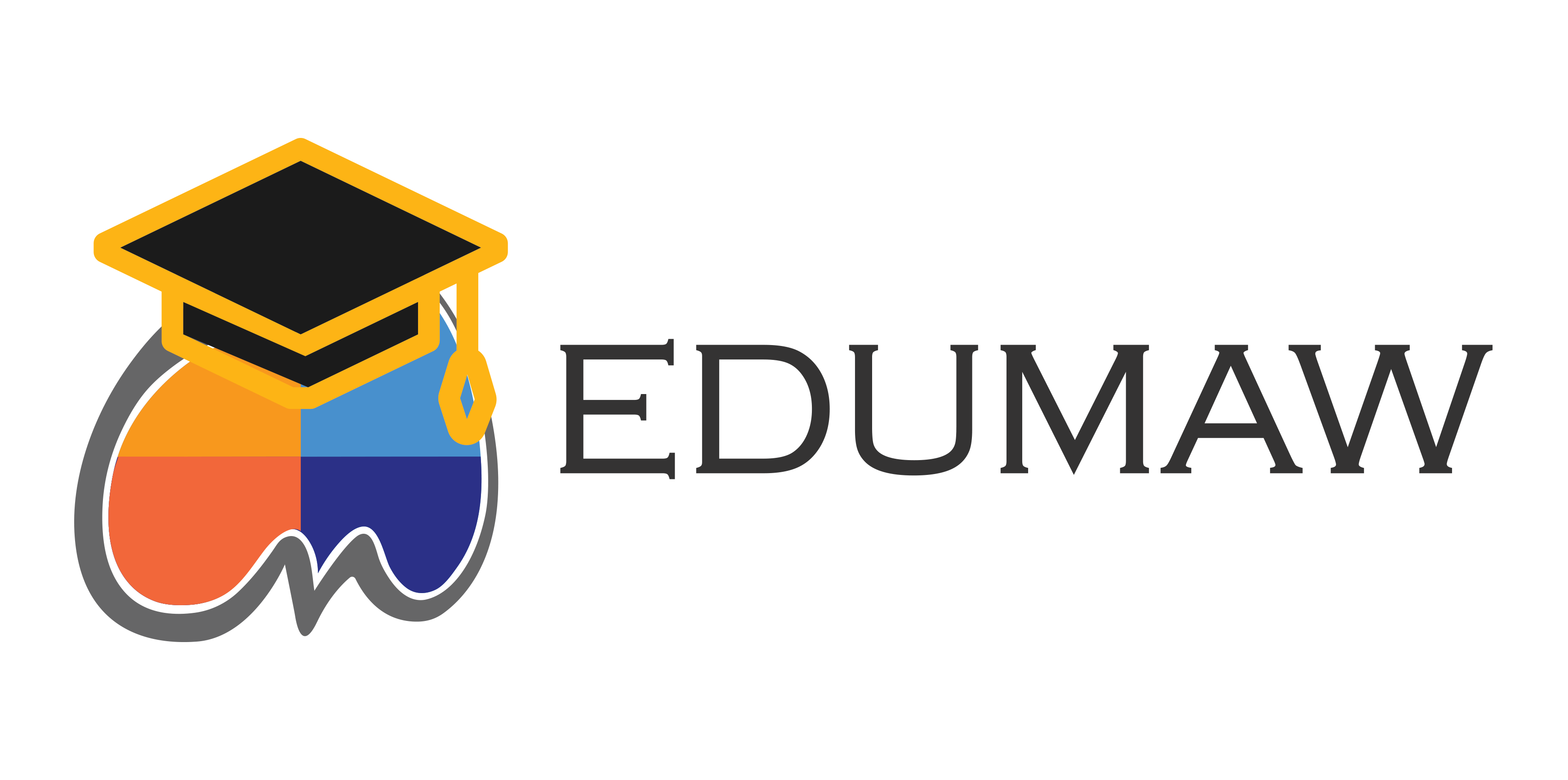
Semester Start Videos – Enhancing Course Introduction
When it comes to the start of a new semester, it is common for instructors to spend time explaining the syllabus to their students. However, this can often feel like a session focused on managing anxiety rather than diving straight into the course content. With that in mind, I would like to suggest a different approach – let’s begin teaching the content on day one.
Now, I understand that some may argue that students need an overview of the course to set them up for success. And I agree! That’s why I propose putting those essential elements, such as the syllabus and course expectations, into video format. Even if your course is face-to-face and does not have an online component, you can create a private YouTube space to host these videos.
By utilizing semester start videos, you can efficiently cover important information while still prioritizing valuable instructional time in the classroom. Here are a few key areas where these videos can be utilized:
1. Professionalism Guidelines
In the Deocorem video, you can outline the expected behavior and professionalism guidelines for the course. This will help set a positive and respectful learning environment from the very beginning. You can also introduce available resources that students can access throughout the semester, such as online research databases, library resources, or tutoring services.
2. Professor Introduction
The Professor Introduction video provides an opportunity for you to create a personal connection with your students. Share a brief biography, highlighting your expertise and experience in the field. Let them know your office hours and the best way to contact you. Additionally, you can mention any publications, research projects, or professional activities that you have been involved in. This will help build credibility and foster a sense of trust and respect between you and your students.
3. Course Introduction
In the Course Introduction video, you can communicate the specific skills that students are expected to develop throughout the course. Outline the course schedule, including important dates, deadlines, and any potential changes that may arise. Explain the different assignments and emphasize the benefits they offer in terms of developing knowledge and skills. Lastly, highlight any tools or opportunities that students can utilize to enhance their learning experience, such as online discussion forums, group projects, or guest speaker sessions.
4. Course Process & End Game
As educators, it is crucial that we have a clear understanding of the entire course process and end game. By outlining the course process, we can provide students with a comprehensive overview of what they can expect throughout the semester. Additionally, by clarifying the end game, we can help students see the bigger picture and understand the ultimate goals of the course.
Here’s how we can address the Course Process & End Game:
Course Process. In the Course Process video, you can explain the different stages and milestones of the course. This includes providing an overview of the topics and concepts that will be covered, as well as any specific learning objectives or outcomes students should strive towards. By setting these expectations early on, students can better understand the scope of the course and how each component fits into the bigger picture.

Assignments and Assessments. In this section, you can explain the different assignments and assessments that students will be required to complete throughout the semester. Provide a brief overview of each assignment, including the purpose, expectations, and deadlines. By giving students a clear understanding of what is expected of them, they can plan their time effectively and approach each task with confidence.
Grading and Feedback. It is important to outline the grading criteria and how student work will be evaluated and inspired in the course. In the Grading and Feedback video, you can explain the weightage of different assessments, the grading scale, and any specific criteria that will be used to assess student work. Additionally, emphasize your perspective that learning is more important than “hard work.” Encourage learners to work smarter, collaborate, find interest, and build beyond the requirements of the assignment. For example, when assigned a 1500-word term paper, choose a topic that is interesting. Build the paper with help checking in with the professor and peers and mentors. Find application for the paper as a presentation before the legislature or a submission to a local newspaper opinion page.
End Game. The End Game video is an opportunity to remind students of the ultimate goals and benefits of the course. Highlight the skills, knowledge, or competencies that students will gain by successfully completing the course. Reinforce how these skills can be applied in real-life situations or future careers. By focusing on the end game, you can motivate students to stay engaged and committed throughout the semester.
By incorporating the Course Process & End Game sections into your semester start videos, you can provide students with a holistic understanding of the course. This will help them navigate the semester with confidence, knowing what to expect and what they need to accomplish. It also allows them to see the value and relevance of the course, increasing their motivation and engagement.
Final Thoughts & Call to Partnership
By creating these informative and engaging semester-start videos, you effectively streamline the administrative aspects of the course without sacrificing valuable face-to-face teaching time. Students can watch these videos at their own pace, ensuring that they have a thorough understanding of the course expectations before the first day of class. This approach allows you to dive straight into teaching the content, fostering an atmosphere of active learning and engagement from the very beginning.
Remember, EduMAW is all about creating an engaging and informative learning experience. By leveraging multimedia tools like video, we can enhance our course introduction and make a lasting impact on our students. Inspiring education is all about finding creative solutions to optimize the learning experience. EduMAW, or using semester start videos, is just one example of how we can create a seamless transition into the course while keeping students informed and motivated. Let’s embrace technology and make the most of our instructional time together!
If you have any questions or need assistance in creating these videos or setting up a private YouTube space, please don’t hesitate to reach out. If you would like assistance in developing these videos or any other aspect of your course, feel free to reach out for support. I’m here to support you in enhancing your course introduction and creating an engaging learning environment for your students. Happy teaching!



